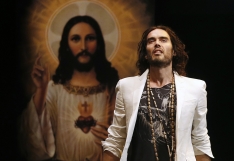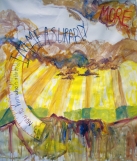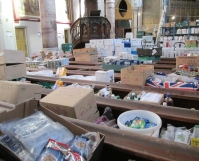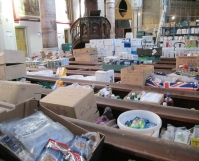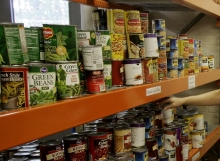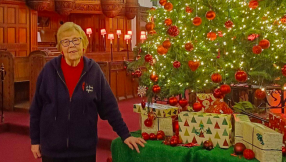The onset of winter is likely to see a large rise in numbers of people needing foodbanks, as people on low incomes face choices between eating and heating, the leading charity in the field has warned.
In December last year, referrals to foodbanks were 53 per cent higher than the average across other months, with more than 130,000 three-day food supplies being given to people in crisis in just one month.
This year could be even worse as latest figures show use of foodbanks in the UK is at record levels. Trussell Trust foodbanks have given more emergency food supplies to people in six months this year than during the same period last year.
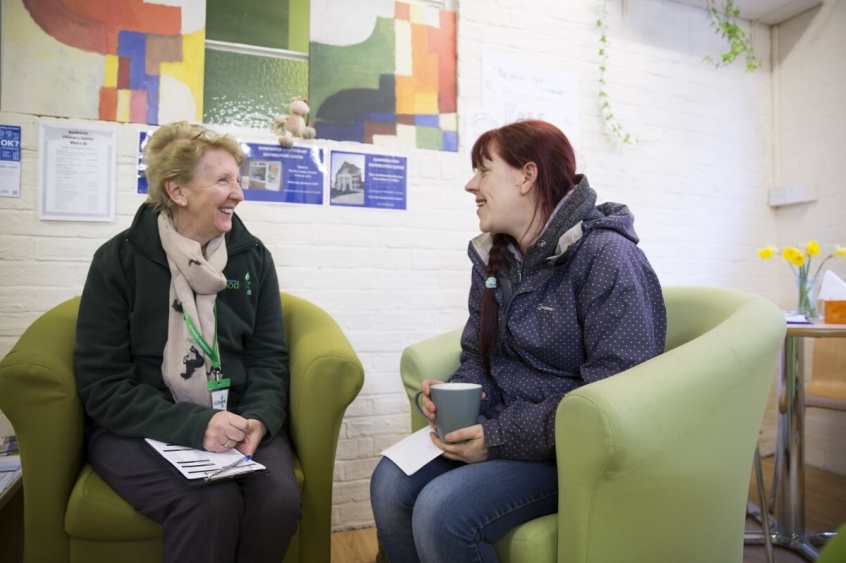
Between April and September 2015, Trussell Trust foodbanks across the UK gave 506,369 three day emergency food supplies to about 300,000 people in crisis compared to 492,641 in the same period last year. More than a third went to children.
Benefit delays and changes remain the biggest cause of foodbank use, accounting for 43 per cent of total referrals.
Low income rose slightly as a referral cause, from 21 per cent to 22 per cent.
UK foodbank director Adrian Curtis said: "Latest foodbank figures are still at worryingly high levels. We look forward to the day that we can announce a decrease in numbers needing foodbanks."
He said several foodbanks had reported that some agencies and charities who would normally refer people in crisis to foodbanks have been unable to do so because funding reductions have caused their services to be squeezed or closed.
"Hunger remains a major issue for low income families and individuals. When the proposed changes to tax credits are implemented, we are concerned that more working families will not be able to make ends meet, and that we could see a substantial rise in foodbank use as a result. As a nation we need to learn more about the realities of life for people struggling on low incomes and make sure that no incomes are too low to live on."
A single mum was whose working tax credits were stopped when she was sick said: "It can happen to you just like that. I always thought surely it can't be me, I still have my job, I can get by. But now I think you can only be a few steps away. It's all circumstantial. I really don't know what I would've done if the foodbank hadn't been there."










